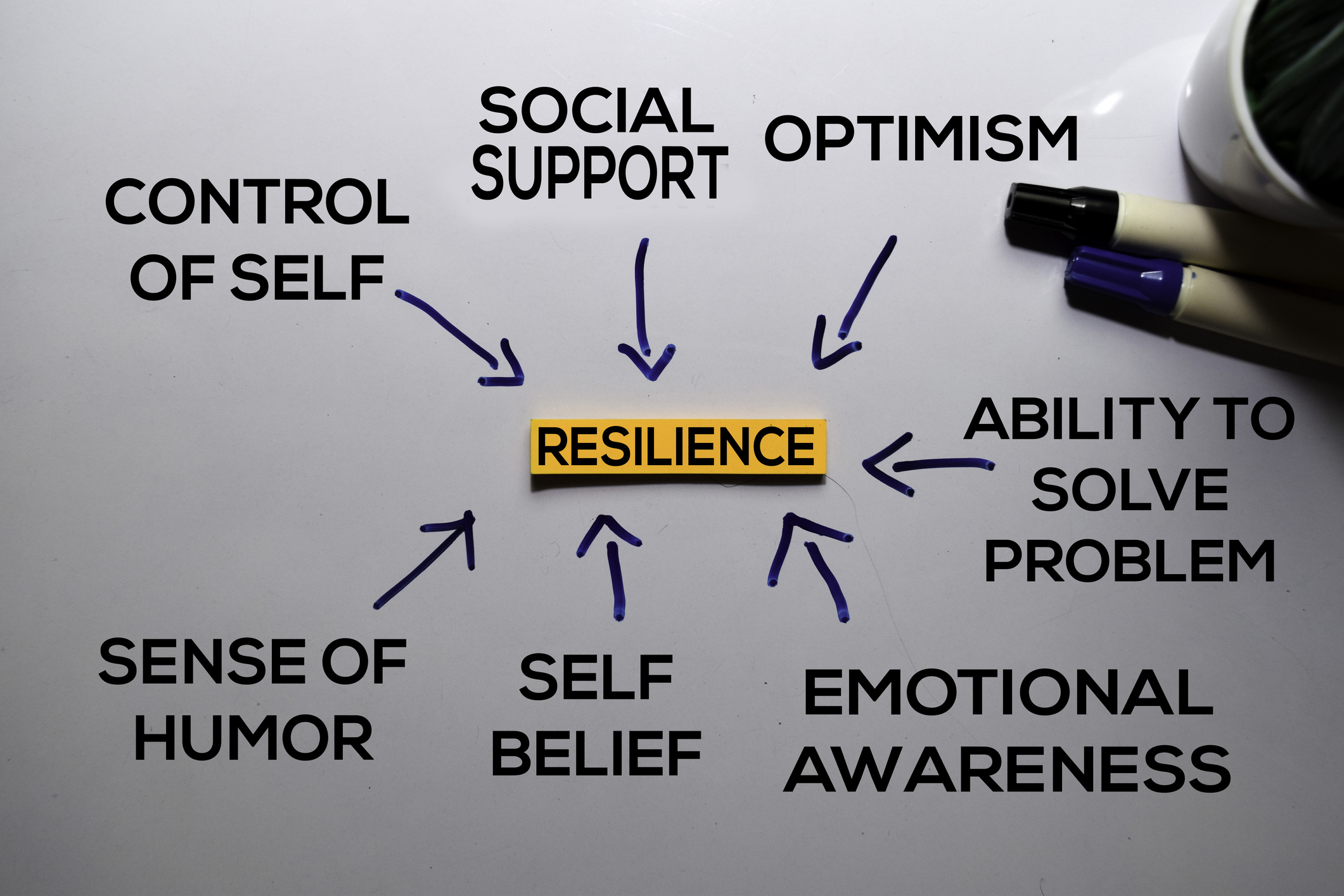Resiliency is a characteristic that allows people to recover quickly from difficulties and over the past year, many have had their resilience tested in the face of adversity, trauma, threats, or significant sources of stress during a global pandemic. Researchers have also found that the key to longevity lies with the resilience of the human body and its ability to bounce back from illness or injury. By focusing on interventions that address declining resilience, the human lifespan could not only be lengthened but the healthspan of seniors improved.
According to a recent healthing.ca report, a new study, published in Nature Communications, found that with the help of modern medicine, total loss of resilience among elderly adults may not occur until the ages of between 120 and 150 years. When older adults face chronic illness, it is the loss of resiliency associated with aging that forces longer recovery times, an important factor in the aging process.
Even among healthy older adults who have avoided chronic illness, declining resilience affects the number of healthy and active years seniors will experience. By focusing on the development of drugs that address the “signature” of aging – loss of resilience, elderly adults may be able to experience a longer healthspan with a slower rate of decline in the ability to recover.
According to Statistics Canada, the number of years spent in good health increased in Canada over a 20 year period between 1994/1995 and 2015. Life expectancy for men was 79.8 in 2015 but health-adjusted life expectancy at birth was 69.0 years. For women, life expectancy at birth was 83.9 but the health-adjusted life expectancy was just 70.5 years. The study data was gathered from health surveys taken over the 20 year period.
The Nature study helps researchers better understand the aging process and develop new interventions that will help older adults live with a high quality of life well into very old age. At present, although lifespans have been increasing in developed countries, many elderly adults experience declining well-being. Living into very old age is only desirable if there is a reasonable quality of life to enjoy, generally free from chronic disease or disability. If a greater number of years are spent in good health, the burden on healthcare systems could be lightened as the number of older adults rises sharply over the next 20 years.






Add Your Voice
0 Comments
Join the Discussion